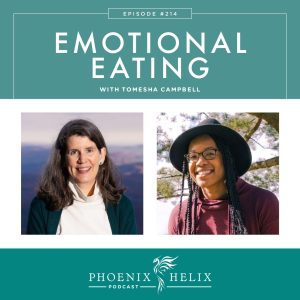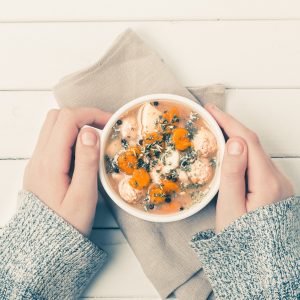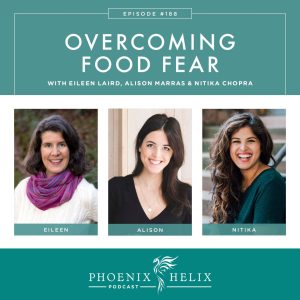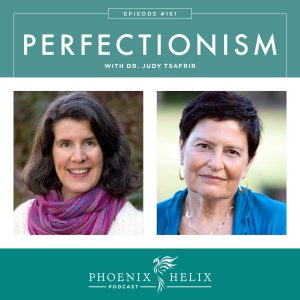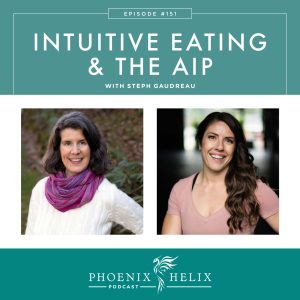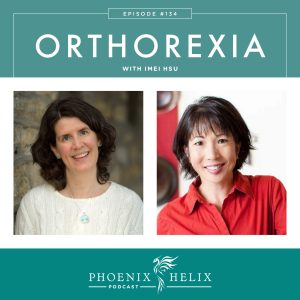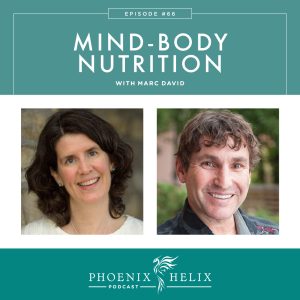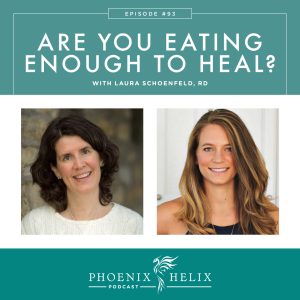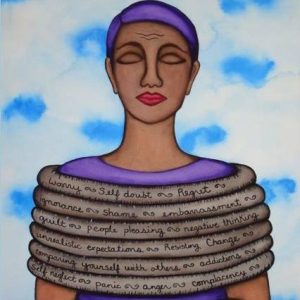How We Talk About Food – I Can’t Eat That vs. I Choose Not To Eat That
With autoimmune disease, many of us choose healing diets to reduce inflammation and live healthier lives. When we first make this change, we’re very focused on the foods we’re no longer eating, and it’s common to say “I can’t eat that” when those foods are offered. Have you ever heard the saying: “Be careful what you say because your body is listening?” It’s true! And our hearts and minds are listening too. Words matter – whether we say them out loud or in our thoughts – and there’s a big difference between the phrase “I can’t” and “I choose”. One is negative and one is positive. That may seem like a small thing, but it can actually have a big impact. I dive into the details in this article.


